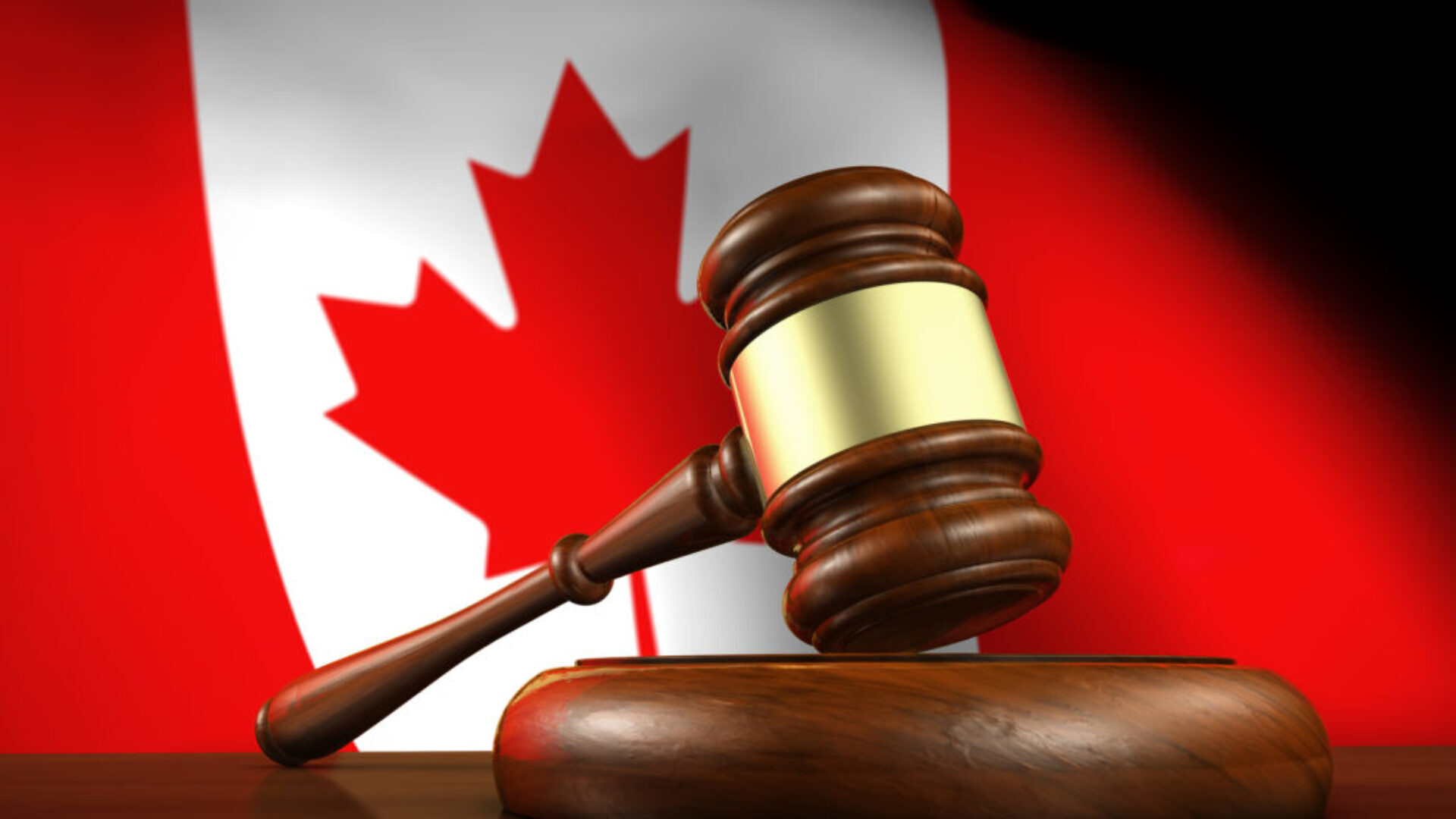Refugee Application in Canada from Zimbabwe

Refugee Application in Canada from Zimbabwe
Applying for Refugee Status in Canada from Zimbabwe
Introduction
Zimbabwe, a country located in Southern Africa, has faced numerous political, economic, and social challenges in recent decades, leading many of its citizens to seek refuge in other countries, including Canada. Applying for refugee status in Canada is a complex process that requires a thorough understanding of the legal framework, eligibility criteria, and documentation requirements. This article aims to provide a comprehensive guide on how to apply for refugee status in Canada from Zimbabwe, covering key aspects such as the asylum process, eligibility criteria, documentation, and tips for a successful application.
- Understanding Refugee Status & Refugee Application in Canada from Zimbabwe
Before delving into the application process, it's crucial to understand what refugee status entails. A refugee is someone who fears persecution or faces a well-founded fear of persecution in their home country due to reasons such as race, religion, nationality, political opinion, or membership in a particular social group. Asylum seekers apply for refugee status in a host country to seek protection from these threats.
- Eligibility Criteria of Refugee Application in Canada from Zimbabwe
To be eligible for refugee status in Canada, applicants must meet certain criteria:
a. Convention Refugee Status: You must prove that you meet the definition of a refugee as per the United Nations Convention Relating to the Status of Refugees.
b. Protected Person Status: You may also be eligible for protected person status if you cannot return to your home country due to a risk to your life, the risk of torture and unusual attitude to the person.
c. Inadmissibility: You cannot be inadmissible on criminal or security grounds.
-

Refugee Application in Canada from Zimbabwe The Application Process & Refugee Application in Canada from Zimbabwe
The process of applying for refugee status in Canada involves several stages:
a. Arrival in Canada: You must first arrive in Canada either through regular channels, such as a visitor visa, or as an asylum seeker at a border point. It's important to note that claiming refugee status at a border point, such as an airport or land border, is different from applying from within Canada.
b. Eligibility Interview: After your arrival, you will have an eligibility interview with an immigration official. During this interview, you will be asked questions about your reasons for seeking refuge in Canada and your eligibility for protection. It's crucial to provide truthful and accurate information during this interview.
c. Basis of Claim (BoC) Form: If deemed eligible, you will be asked to complete a Basis of Claim (BoC) form. This form is essential as it outlines the reasons why you fear persecution in your home country. You should provide detailed and well-documented information about your circumstances, including any supporting evidence.
d. Refugee Protection Division (RPD) Hearing: Your case will be referred to the Refugee Protection Division (RPD) of the Immigration and Refugee Board of Canada (IRB). You will have a hearing where you can present your case and any evidence you have. It's advisable to seek legal representation during this process to ensure that your case is effectively presented.
e. Decision: The RPD will render a decision based on your testimony, the BoC form, and any supporting evidence. If your claim is approved, you will be granted refugee status or protected person status. In case, if your Application rejected, you may appeal this decision.
- Required Documentation of Refugee Application in Canada from Zimbabwe
When applying for refugee status in Canada, it's essential to gather and provide the following documentation:
a. Identity and Travel Documents: These include your passport, national ID, birth certificate, and any other identification documents.
b. Supporting Evidence: Collect any evidence that supports your claim, such as letters, documents, photographs, or affidavits that demonstrate the threats you face in your home country.
c. Affidavits: Sworn affidavits from witnesses or individuals who can corroborate your story can be valuable in establishing the credibility of your claim.
d. Medical and Psychological Reports: If applicable, provide medical and psychological reports that document any physical or mental harm you have suffered as a result of persecution.
e. Country Conditions Reports: Include reports from reputable sources, such as human rights organizations or government agencies, that detail the conditions in your home country.
f. Legal Representation: Seek legal representation from a qualified immigration lawyer or consultant to navigate the complex process and ensure your case is presented effectively.
-

Refugee Application in Canada from Zimbabwe Tips for a Successful Refugee Application in Canada from Zimbabwe
To increase the chances of a successful refugee application, consider the following tips:
a. Seek Legal Advice: Consult with an experienced immigration lawyer or consultant who specializes in refugee cases. They can provide guidance, prepare you for interviews and hearings, and ensure your application is well-documented.
b. Be Honest and Consistent: Provide accurate and consistent information throughout the application process. Any inconsistencies or falsehoods can harm your credibility.
c. Prepare Thoroughly: Organize all necessary documents and evidence in a clear and organized manner. This will help you present your case effectively.
d. Attend All Appointments: Be punctual for all interviews, hearings, and appointments related to your application. Missing appointments can lead to delays or negative outcomes.
e. Stay Informed: Stay informed about the status of your application and any updates in immigration laws or policies that may affect your case.
Conclusion
Refugee Application in Canada from Zimbabwe is a complex and challenging process, but it is possible with careful preparation, accurate documentation, and legal guidance. Understanding the eligibility criteria, following the application process, and providing compelling evidence are essential steps in pursuing protection in Canada. Remember that each case is unique, and seeking legal advice is highly recommended to navigate the complexities of the asylum process effectively.
In case, if you need legal Assistance with Refugee Application in Canada from Zimbabwe or other countries, please fill in Application below or contact us directly.


